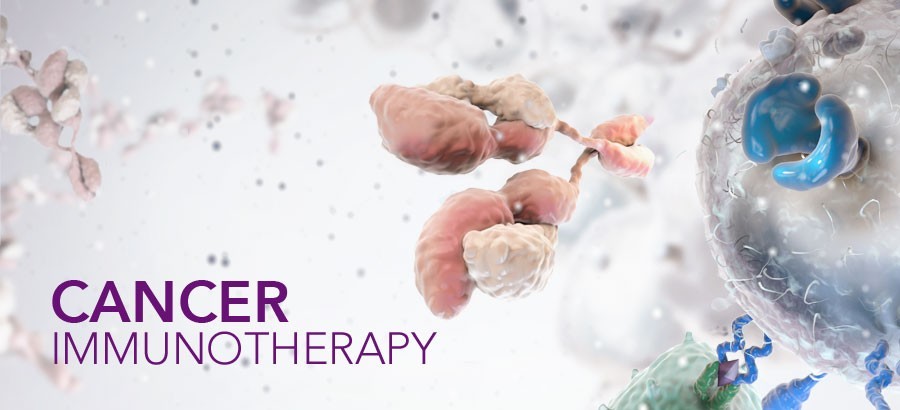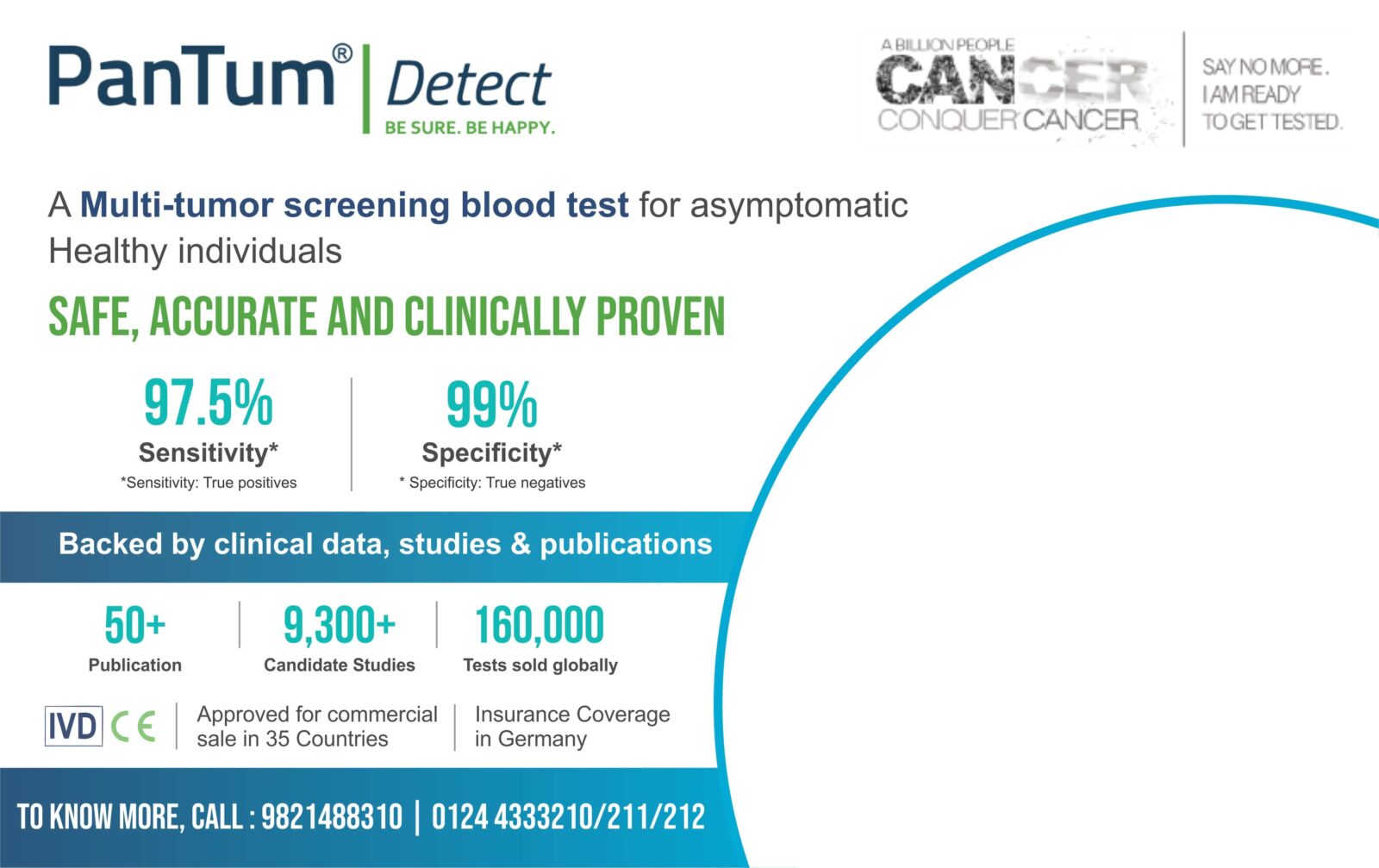
What You Need To Know About Immunotherapy
The immune system finds and defends the body from infection and disease. Cancer is a complex disease that can evade and outsmart the immune system. It’s often not recognized until it has already become too difficult to handle.
Cancer immunotherapy improves the immune system’s ability to eliminate cancer. There are several types of immunotherapies, and each helps the immune system in a different way.
It uses substances made by the body or in a laboratory to improve or restore immune system function. Immunotherapy may work by:
- Stopping or slowing the growth of cancer cells
- Stopping cancer from spreading to other parts of the body
- Helping the immune system work better at destroying cancer cells
There are several types of immunotherapy, including:
- Monoclonal antibodies
- Non-specific immunotherapies
- Oncolytic virus therapy
- T-cell therapy
- Cancer vaccines
- Cytokine therapy relies on proteins called interferons and interleukins to trigger an immune response. Interleukin-2 (IL-2) is used to treat kidney cancers and melanomas that have spread to other regions of the body. Interferon alpha (IFN-alpha) is currently being used to treat melanoma, kidney cancer, and certain leukemias and lymphomas. These cytokine treatments are also being combined with other types of immunotherapies to increase their effectiveness.
- Each type of immunotherapy has distinct side effects. Moreover, certain immunotherapies are more effective for some types of cancer than others. A patient’s overall health and type of cancer determines which immunotherapies are available to them.
- Sometimes two different types of immunotherapies are combined during treatment. Other times, a single immunotherapy is used with another type of therapy, such as chemotherapy. These combination approaches are used to improve treatment.
Monoclonal antibodies attach to specific proteins on the surface of cancer cells or immune cells. They either:
- Mark the cancer as a target for the immune system, or
- Boost the ability of immune cells to fight the cancer
When the body’s immune system detects something harmful, it produces antibodies. Antibodies are proteins that fight infection.
Monoclonal antibodies are a specific type of therapy made in a laboratory. They may be used in a variety of ways. For example, monoclonal antibodies can be used as a targeted therapy to block an abnormal protein in a cancer cell.
Monoclonal antibodies can also be used as an immunotherapy. For example, some monoclonal antibodies attach to specific proteins on cancer cells. This flags the cells so the immune system can find and destroy those cells.
Other types of antibodies work by releasing the brakes on the immune system so it can destroy cancer cells. PD-1/PD-L1 and CTLA-4 pathways are critical to the immune system’s ability to control cancer growth. These pathways are often called immune checkpoints. Many cancers use these pathways to escape the immune system. The immune system responds to the cancer by blocking these pathways with specific antibodies called immune checkpoint inhibitors. Once the immune system is able to find and respond to the cancer, it can stop or slow cancer growth.
The following are examples of immune checkpoint inhibitors:
- Ipilimumab (Yervoy)
- Nivolumab (Opdivo)
- Pembrolizumab (Keytruda)
- Atezolizumab (Tecentriq)
- Avelumab (Bavencio)
- Durvalumab (Imfinzi)
Adoptive cellular therapy increases the number and/or effectiveness of immune cells, usually T cells, which improves the power of the immune response against the cancer. There are three main types of adoptive cellular therapy:
- Chimeric Antigen Receptor (CAR) T-cell therapy gives patients large amounts of T cells that are all genetically engineered to find and fight the cancer.
- Tumor infiltrating lymphocyte (TIL) therapy uses a patient’s T cells that are collected from a piece of surgically-removed tumor. While these cells may recognize the cancer, there are too few of them to succeed. The number of these cells is increased substantially in the lab and then given back to the patient.
- Endogenous T-cell (ETC) therapy uses T cells from a patient’s blood. From this diverse pool of T cells, doctors select only those that may recognize signatures specific to the cancer. The number of these specific T cells is increased substantially and then given back to the patient.
(Dendritic cell therapy). We, at Millennium Cancer Center in Delhi & Gurgaon, are one of the pioneers in doing dendritic cell therapy in the majority of cancers with good results.
Cancer vaccines help the body recognize cancer cells and stimulate the immune system to destroy them. Cancer vaccines usually contain one of the following:
- Cancer cells are taken from the patient’s tumor
- Proteins designed to attach themselves to cancer cells
- Proteins specific to a patient’s tumor











